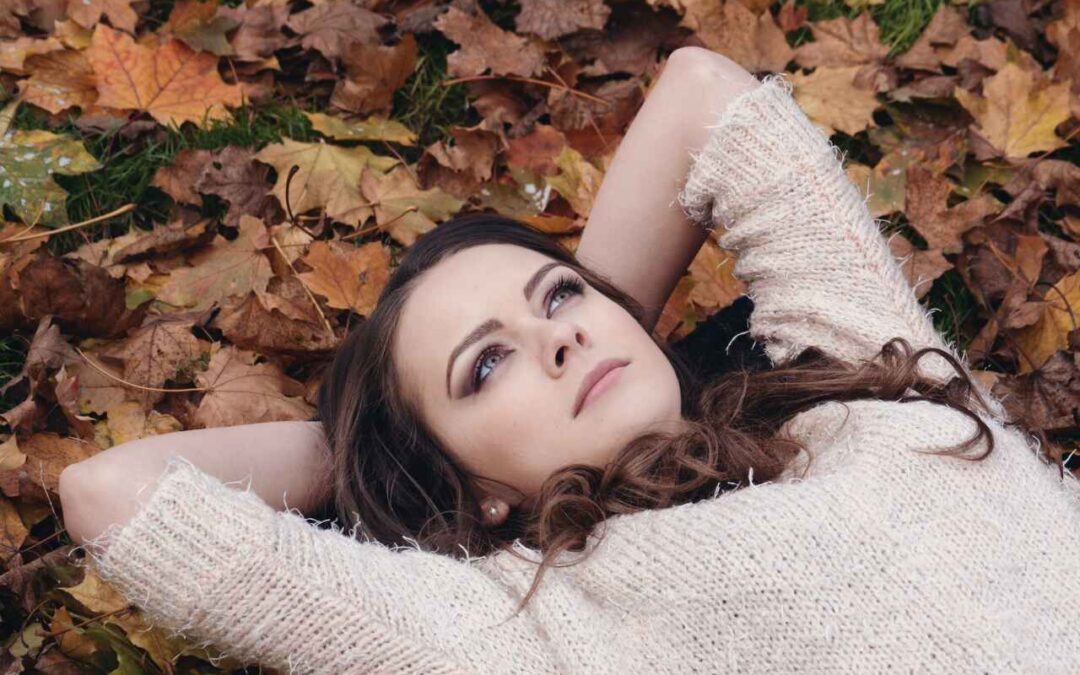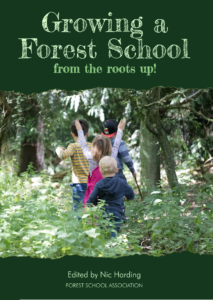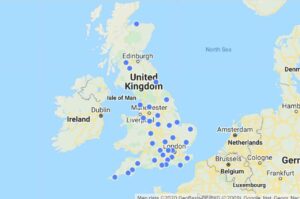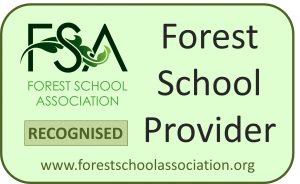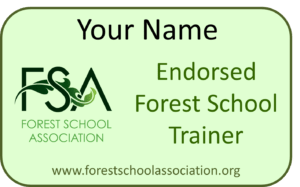With Robert Black
Presentation
You can access Robert’s slide presentation by clicking on the link here>
Webinar Summary notes and links
Louise opened the meeting with a welcome to the Webinar and introduced the members of the working group.
Nic gave his “Zoom Spiel” about Zoom etiquette
At the beginning of the meeting there were 112 participants from all over the UK and our friends overseas in Canada.
FSA updates
We have been periodically publishing Covid guidance, which can be found on our website www.forestschool.association.org
We have also been releasing Community Call In videos – short clips designed to answer common questions as a practitioner from colleagues or parents. Please share these if you find them useful. See https://www.facebook.com/watch/?v=696521047803372
We are also updating various policies.
Something in the pipeline is the Tree Strategy, which we would like to consult with membership, so look out for that. https://www.gov.uk/government/news/consultation-launched-on-the-england-tree-strategy
Also, look out for a new national campaign, which will be out in the next few weeks, quite a big project which we will be looking for support with.
Louise then passed on to Robert.
Robert Black
Robert began by introducing himself as an eco-councillor and mindfulness practitioner, and explained his journey to this career. He really enjoyed getting into nature and realised as an adult that his love of the outside and desire to help people came together in his Masters, as a way to support people’s growth and development, and into this direction as his vocation.
He began by talking about “ecopsychology” as a term which he unpicked as Eco- being Greek for home/house the homestead and community, or Ecosystem of a home. Economy, and ecology being systems of the home.
Psyche – being about the soul – the deepest part of ourselves, the uniqueness which we are born with, a blueprint which we unfold as we grow.
Ology – things we study – the word logic in there – a dynamic experience of the soul.
Ecopsychology – a dynamic exploration of the home of the soul or soul of the home.
Eco therapy – the application of ecopsychology to the world and ourselves.
Therapy – being with, attending – psychotherapy not involved but implied
Attending to the system which is our home – many levels if we involve the psyche.
Embodiment and biophilia –
How are we going to attend to nature?
We can’t relate to anything if we’re not in our body – sensitive to the relating which goes on so without this we are unable to practise ecopsychology.
Inhabit the senses, engage and relate.
Mindfulness is embodiment – body and mind together, being full and engage.
Our body is our Nature – a sense that it is the manifestation of nature, then our body is a direct relative of nature, and therefore our mind. We can relate outside of our body too, disconnecting from the body can mean disconnection from nature – can allow us to be negatively impactful on nature by being disconnected.
Our inherent connection emerges when we are sensitive – biophilia.
Soul –
Just as our body is nature, then so is our soul, or sense of connectiveness.
Nature is ensouled, alive,
Animated – anima means soul (Greek)
Relaxing into connection, deeper levels of being can emerge. As we let this happen, this can mirror in nature. Time in Nature is naturally therapeutic to draw parallels. Interconnectedness, co-evolution. Mindfulness is letting go of thinking minds, and being aware of the senses.
Human Development – The development of us over time through direct experience, or through involvement by caring communicative mature adults in safe environments.
The patterns are clear – Bill Plotkin – “Nature and the human soul” see www.animas.org – The 8 stages of development with a different initiation into each part.
Stage 1 – The innocent in the Nest – pre to ante natal, a stage of innocence, pre language, a small world very close to the mother or closest guardian.
Everything is sensed for the first time – pure experience without labelling.
Beginners mind – inside as well as around us. Non-judgmental, only curiosity.
Stage 2 – The Explorer in the Garden
Middle childhood – wonder.
Developing ways of engagement – our domain grows to be the garden, exploration, mimicry and connection with others, including non-humans, anything around us. Language and biomimicry are new tools to explore.
Naming in relation to cultural paradigms – parental influence.
Play is paramount – wonder is Primary -discovering family through cultural ideas. Building –
3 – The thespian at the oasis
Early adolescence – creative fire – social identity.
Our world is expanding into society beyond the family.
Ego is appearing – a sense of self is delineated from others. Peer pressure & sexuality.
We seek confirmation through societal paradigms.
We become more authentic in relation to others.
(This is where the majority of western cultures top – concerned about the views of others.)
4 – The wanderer in the cocoon
Late adolescence – a stage of mystery and darkness.
Concerned with understanding The Great Mystery – mystical and mythical transformation within the unconscious.
(Robert gave some personal examples of this – moving to another country, exploring other cultures)
Letting go of the norm. Family feels limiting – exploring the new. Going with the flow. Stretching comfort zones
Understanding the psyche as a gift
5 – The apprentice and the wellspring
6 – the artisan in the wild orchard – perfecting what we are here to do
7 – The master in the grove – supporting others
8 – The sage in the mountain cave – wisdom.
Practising Eco therapy
Robert then took some time to digest this information with some mindfulness practise.
Breathing exercises and feeling connection through our breath.
Mark Making – letting images or ideas/words coming onto the paper non-judgementally with soulful expression.
Being playful with art- weaving nature into this to allow the instinctive nature to come through.
Robert, then opened it up to anyone willing to share.
A very similar theme of spirals from many participants.
104 participants at this point.
Jon then picked up some of the questions
Is there a difference between mindfulness and conscious learning?
Robert said that they were very related, mindfulness being awareness of the senses in the body, and learning taking part through experiences.
What helps us move out of stage 3?
The wanderer – letting go of what is known. – Bill Plotkin’s book “soul craft” explores this in more detail.
The word Hell comes from this area diving into the shadows, with the metaphor of the cocoon. In the cocoon the caterpillar literally turns to mush – emerging from a deeper level.
How might we incorporate these techniques within our own practice? Forest school being therapeutic in its ethos?
Forest School – giving the gift of ourselves to others, but to have something to give, we need to get to know ourselves. If someone is going to go into a cocoon, they need a solid container to “turn to mush in”. We need to make ourselves a good container.
Training opportunities in this country if people want to engage?
Hayley Marshall – Ecotherapy and others
Forest School and Therapeutic skills (Manchester University) – an introduction, see http://www.therapeuticchildcare.com/thetherapeuticforestcourses.html
Bill Plotkin’s books
John Young
(Robert agreed to send a reading list for those interested.)
Louise the wrapped up the main session, thanking Robert for his time.
Further Discussion group
Participants – 27
In a more formal education setting – how can you set it up so people aren’t turned off by it if they’re not “comfortable”
Having a range of activities which are engaging, group stuff with themselves, enabling self-discovery.
Sit-spots.
Sense and savour – finding something they really like and focussing attention on something external, as internal focussing can be difficult for younger learners.
Scavenger hunts, involve attention in an active way.
Building own confidence, as it’s infectious.
“Branching Out” (in Scotland) Ecotherapy with adults – how to persuade professionals that ecotherapy works.
Essex University research done on Ecotherapy.
MIND – ecominds, resources online
Good storytelling, engagement at a creative level, soul level where soul and place come together in imagination.
Music, sounds, drumming, building.
Wilderness Therapy, in the states.
With a group of children – mindfulness etc. How do you manage transitions when mindfulness can open up to sharing/disclosures in front of the whole group?
This is a good thing, as you’re opening up an opportunity for sharing, you as the facilitator.
Safeguarding becomes a priority – have a rigorous safeguarding procedure. Be very careful not to be seen to be “delving”, which can negate CAHMS and Social Services evidence. Having one of the groups open up can also lead to trauma/disclosures from others in the group.
Differences between wilderness therapy and ecotherapy – Looking carefully that practitioners are qualified therapists.
“3-day effect” by Florence Williams
The Art of Mentoring
Sharing group
Janet – at FS in her School FS bubbles – feedback from teachers has been amazing on how wonderful the grounds are and that hearts and heads are changing. Most teachers, in this big primary in Manchester, are now scheduling on the timetable outdoor sessions each week… this hasn’t happened before.
Jon been helping out with the FS site in Worcester – Bramblewood (featured in previous webinar) and getting to know the animals there – in particular an old fox who has become part of the FS family there. Tried to write a poem and ended up reading Ted Hughes first animal poem;
The Thought-fox – Ted Hughes
I imagine this midnight moment’s forest:
Something else is alive
Beside the clock’s loneliness
And this blank page where my fingers move.
Through the window I see no star:
Something more near
Though deeper within darkness
Is entering the loneliness:
Cold, delicately as the dark snow
A fox’s nose touches twig, leaf;
Two eyes serve a movement, that now
And again now, and now, and now
Sets neat prints into the snow
Between trees, and warily a lame
Shadow lags by stump and in hollow
Of a body that is bold to come
Across clearings, an eye,
A widening deepening greenness,
Brilliantly, concentratedly,
Coming about its own business
Till, with a sudden sharp hot stink of fox
It enters the dark hole of the head.
The window is starless still; the clock ticks,
The page is printed.
Emma and her boys with bags of stuff eg mirror, string, palm drill, along with her skeletons box and they are completely engaging in that curiosity stuff. Teachers are noticing more what’s on the site and wanting to know the indigency of their place.
Elizabeth struggling with too much work – one example of cutting down on equipment from Janet about not taking so much out and forcing the play! Need to keep up this webinar contact with other practitioners. Also need to keep up our own nature connection that happened during lockdown in order to self-care.
Emma turned away work to look after self!
Many folks noticing the indigency of place e.g. family of kestrels really instilled a sense of place and rediscover what is deep inside us all. Emma then shared a poem;
Heart flowing
Nature slowing
Awareness growing
Seeds sowing
From the hair on my head to the tips of my toes,
I feel the cool air kissing as the wind lightly blows
A gentle reminder that we are all here
part of 1 world, 1 unity
Making it clear
that there’s so much importance in just being.
Sitting still, breathing, acknowledging the feeling
of the sun shining down, the rain soaking through,
the snow falling freely, the mist and the dew.
Find a spot, stop. ask what’s insight
be curious, be quizative, start making a connection, from all things around
from the sky to the ground.
It makes our heart beat, it makes our tears flow
embrace the face of the grace of nature.
Emma Beard, May 2019
Kirsty noticing being pulled and doesn’t want it – not yet!!
Juliet had an interactive blog in Newcastle – the seek app been a great success and lots of interaction, one blog a week videoing her doing something each week. This has kept alive through lockdown her relationship with the forest schoolers she works with (based on the first FSA webinar!) and made the transition back much easier.
Ending
48 participants
Jon led the group in a song about home.
“This is home where I belong
In this breath in this heart
This is home where I belong
In this voice, in this song.”

